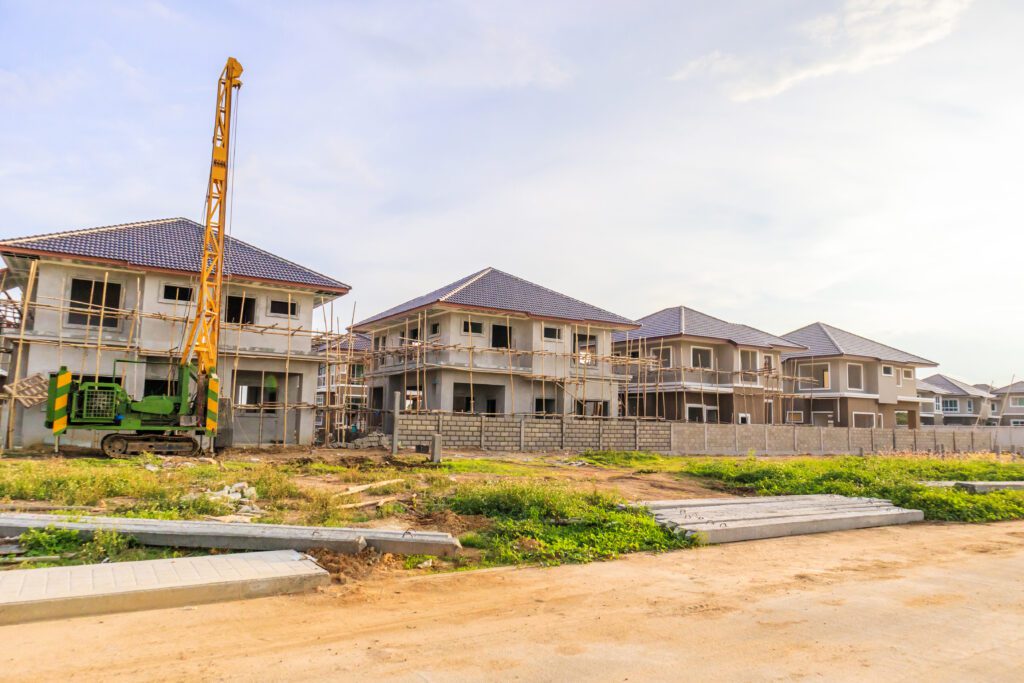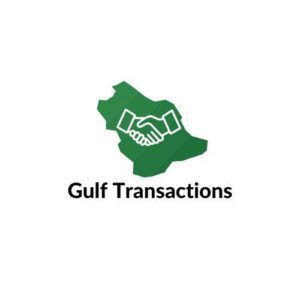Housing Projects In Saudi Arabia

In the dynamic landscape of global investment, Saudi Arabia’s real estate sector emerges as a beacon of opportunity. With a thriving housing market, top real estate developers are poised to make significant strides in housing projects that align with the Kingdom’s vision for sustainable urban development.
Saudi Arabia’s Housing Market
The demand for housing in Saudi Arabia has seen unprecedented growth in recent years. With increasing population and urbanization, the need for quality housing is on the rise. The government, recognizing this demand, has initiated measures to support and boost the housing sector
Investment Opportunities
International contractors have a diverse range of housing projects to explore in Saudi Arabia. From residential complexes to innovative urban developments, the possibilities are vast. The market offers substantial profitability and attractive returns on investment, making it an ideal destination for contractors seeking lucrative ventures.
Government Support and Incentives
To encourage foreign investment in housing projects, the Saudi government has implemented investor-friendly policies. These include tax incentives, reduced bureaucratic hurdles, and other benefits that create a conducive environment for international contractors to thrive.
Economic Stability and Growth
The stability of Saudi Arabia’s economy is a cornerstone of the success of housing projects. Economic growth not only ensures a steady demand for housing but also signifies a resilient market that can withstand global economic fluctuations.
Strategic Location and Infrastructure
The strategic location of Saudi Arabia contributes significantly to the demand for housing. As a crossroads for international trade, the Kingdom attracts a diverse population, creating a need for various housing solutions. The ongoing infrastructure developments further enhance the viability of housing projects.
Cultural Considerations in Housing Projects
Understanding cultural preferences in housing is paramount for international contractors. Saudi Arabia has unique cultural nuances that influence housing choices. Adapting designs and amenities to align with local expectations ensures the success and acceptance of housing projects.
Legal Framework for Housing Projects
Navigating the legal landscape is a crucial aspect of international contracting. Saudi Arabia provides a transparent and streamlined legal framework for housing projects, reducing red tape and facilitating a smoother process for contractors.
An abundance of Skilled workers
The availability of a skilled workforce is pivotal for the success of housing projects. Saudi Arabia boasts a pool of talented professionals recruited locally and from around the world, and international contractors can benefit from collaboration with local architects, engineers, subcontractors, and construction experts.
Case Studies of Successful Housing Projects
Examining case studies of international contractors who have successfully executed housing projects in Saudi Arabia offers valuable insights. For instance, Korean contractors have executed large projects in Saudi Arabia and have been active in this market since 1973. Understanding the factors contributing to their success provides a blueprint for market newcomers.
Financing Options for Housing Projects
Access to financial resources is critical for the execution of housing projects. Saudi Arabia offers various financing options, and international contractors can explore collaborations with local financial institutions to secure the necessary funding.
Marketing Strategies for Housing Projects
Tailoring marketing strategies to suit the Saudi Arabian housing market is imperative. Effectively communicating unique selling propositions for housing projects through digital platforms and traditional marketing channels ensures maximum visibility and buyer interest.
Sustainable Housing Practices
Incorporating sustainability in housing projects aligns with Saudi Arabia’s commitment to environmental responsibility. International contractors should embrace eco-friendly construction practices, ensuring that housing projects contribute positively to the Kingdom’s environmental goals.
Several building systems, including concrete frames, bricks and concrete blocks, precast, prestressed, cast-in-place, steel-framed, and insulated concrete forms (ICF), have been approved in Saudi Arabia.
Gulf Transactions Support
Investing in housing projects in Saudi Arabia offers an immense and promising opportunity for international contractors. The Kingdom’s strong economy, supportive government, and increasing demand for quality housing make it an unparalleled choice for those seeking lucrative and sustainable investments.
If you plan to invest in Saudi Arabia or any Gulf country, look no further. Our team is here to assist you in achieving your goals and ambitions. With the guidance of our construction experts, you can secure profitable housing projects in Saudi Arabia and receive the support you deserve. Contact us today to discuss your plans.
Frequently Asked Questions
Q: What types of housing projects are most in demand in Saudi Arabia?
Residential villas, multi-unit complexes, urban developments, and innovative housing solutions are in high demand.
How can international contractors navigate cultural preferences in Saudi Arabian housing?
Adapting designs and amenities to align with local culture is crucial for success.
What legal considerations should international contractors be aware of when undertaking housing projects in Saudi Arabia?
Understanding transparent legal frameworks and regulatory requirements is essential.
How can international contractors collaborate with the local workforce in housing projects?
Working with local architects, engineers, and construction subcontractors is a great way for international contractors to manage housing projects effectively. This teamwork approach ensures that projects are executed successfully.
What role does sustainability play in the success of housing projects in Saudi Arabia?
Incorporating eco-friendly construction practices contributes to the Kingdom’s environmental responsibility.
